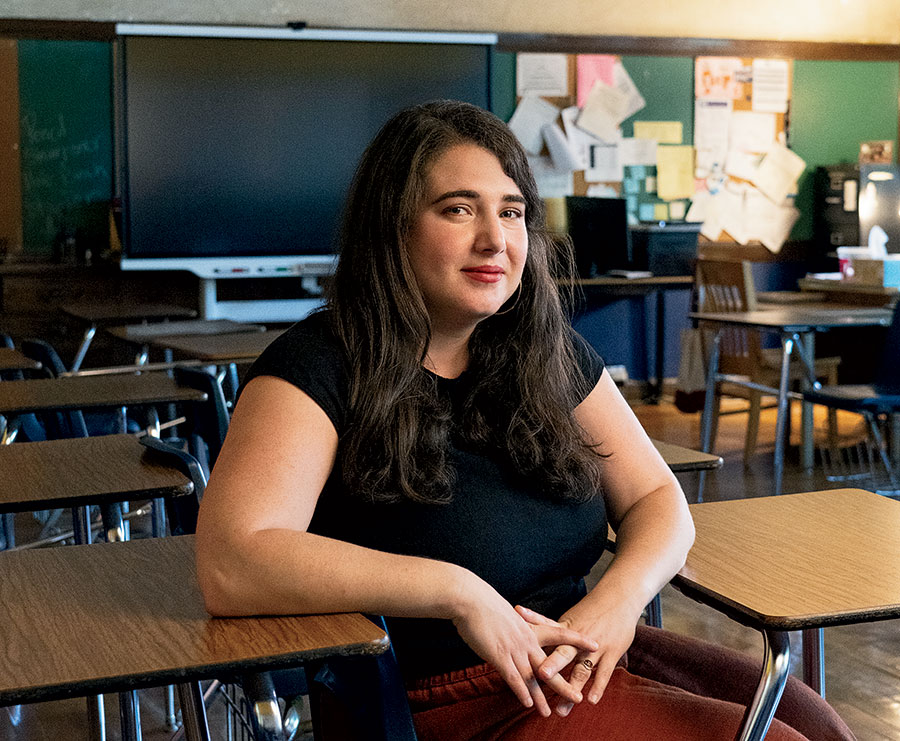What led you to Sullivan for your new book, Refugee High: Coming of Age in America?
Most refugees in Chicago are resettled in Rogers Park, and for many of them, Sullivan is their neighborhood school.
The kids have incredibly varied needs. Some can only communicate through Google Translate. Others refuse lunch because they’re used to eating just one meal a day in their home countries. What is Sullivan doing right for them?
You think of a refugee kid, and then you don’t necessarily think about how diverse that set is. You have kids from Syria who graduated college but fled and don’t have any of their papers, so they’re reluctantly back in high school. Or you have kids in the same classroom who spent their entire lives in a refugee camp and have very little formal education. It comes down to flexibility and understanding that the education is going to look different for every kid.
The book originated as a story in Chicago magazine. What made you think there was more to mine?
With a book, there’s just so much more space to explore contradictions and nuances and all the small, beautiful things about these kids’ lives. I was interested in complicating this idea of a refugee narrative.
One way you do that is through interludes that tell the parents’ stories. What’s one that resonated with you?
I had heard that Tobias [the father of a Congolese refugee] probably wouldn’t talk to me. And you can tell that he is broken in a lot of ways without even talking to him. I went into that interview expecting very little. There was a moment where I was sitting there, and he started telling me about when he fled the Congo with his daughter. He started singing this lullaby out of nowhere, the lullaby he would sing to his daughter over and over again as they were making their way in the dark through the jungle. That completely changed everything I had thought about him.
And what about the kids?
So many of the stories we hear are focused on, understandably, the trauma that refugees experience, the life in camps, the hardship. But you walk into Sullivan, and you see that these kids are doing TikTok dances or they’re Snapchatting. They’re flirting. They’re gossiping. They’re just teenagers in ways that are immediately recognizable. There’s something really magical about that.



